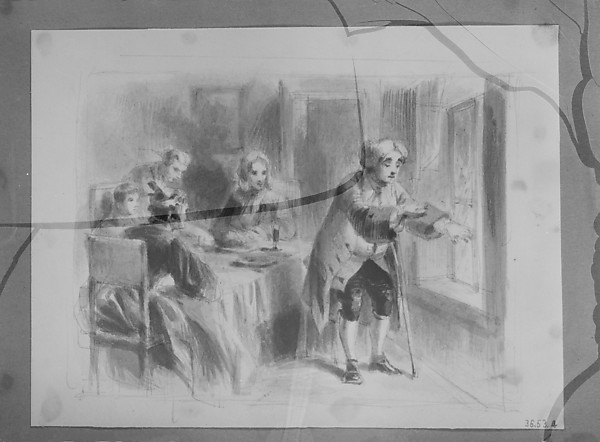Raymond Lam
On my way to the office I was listening to my favorite podcast, the BBC’s almost-peerless In Our Time. I was on the episode where Melvyn Bragg and his guests were discussing the idiocsyncratic and bonkers novel The Life and Opinions of Tristram Shandy, Gentleman. Written by the clergyman Laurence Sterne, Tristram Shandy is the 18th-century version of a troll post on social media thread or a discussion forum: deliberately frustrating, distracted, and meandering. The novel is playful, filled with double entendres, puns, and almost insufferably long digressions (indeed, when it was first published some reviewers thought it was a joke or prank). Its many quirks, including its intentional plagiarism and bawdiness, made it one of the most reviled and well-received books of its age. It also mastered the art of the novel and established the novelist in England as a respectable and formidable profession.
One excerpt from the novel, quoted by one of Lord Bragg’s guests, made an instant impression on me. It takes place during dinnertime with Uncle Toby, who is Tristram Shandy’s uncle and would literally not hurt a fly:
Go—says he, one day at dinner, to an over-grown one which had buzz’d about his nose, and tormented him cruelly all dinner-time,—and which, after infinite attempts, he had caught at last, as it flew by him;—I’ll not hurt thee, says my uncle Toby, rising from his chair, and going a-cross the room, with the fly in his hand,—I’ll not hurt a hair of thy head:—Go, says he, lifting up the sash, and opening his hand as he spoke, to let it escape;—go poor devil, get thee gone, why should I hurt thee?—This world surely is wide enough to hold both thee and me.
Wikipedia describes Uncle Toby’s character as uncomplicated, gentle, and a lover of his fellow man: of course, Uncle Toby is best remembered by readers of the novel as having suffered a groin wound. This is part of the black humor (one could even say 18th-century literary “trolling”) that suffuses Tristram Shandy.
In any case, I struggle to think of words kinder to tell a fellow sentient being than, “The world surely is wide enough to hold both thee and me.” It’s a statement of acceptance that goes beyond mere tolerance (which implies a grudging acknowledgement of another’s existence only insofar that we can’t do anything to remove them from our sight). This kind of acceptance is hardly a stimulus to the open and enthusiastic embrace of the Other as a fellow brother or sister amidst the sea of samsara and suffering. Rather, the kind of open tenderness that Uncle Toby exhibits is the kind of tenderness that we should all do our best to emulate.

